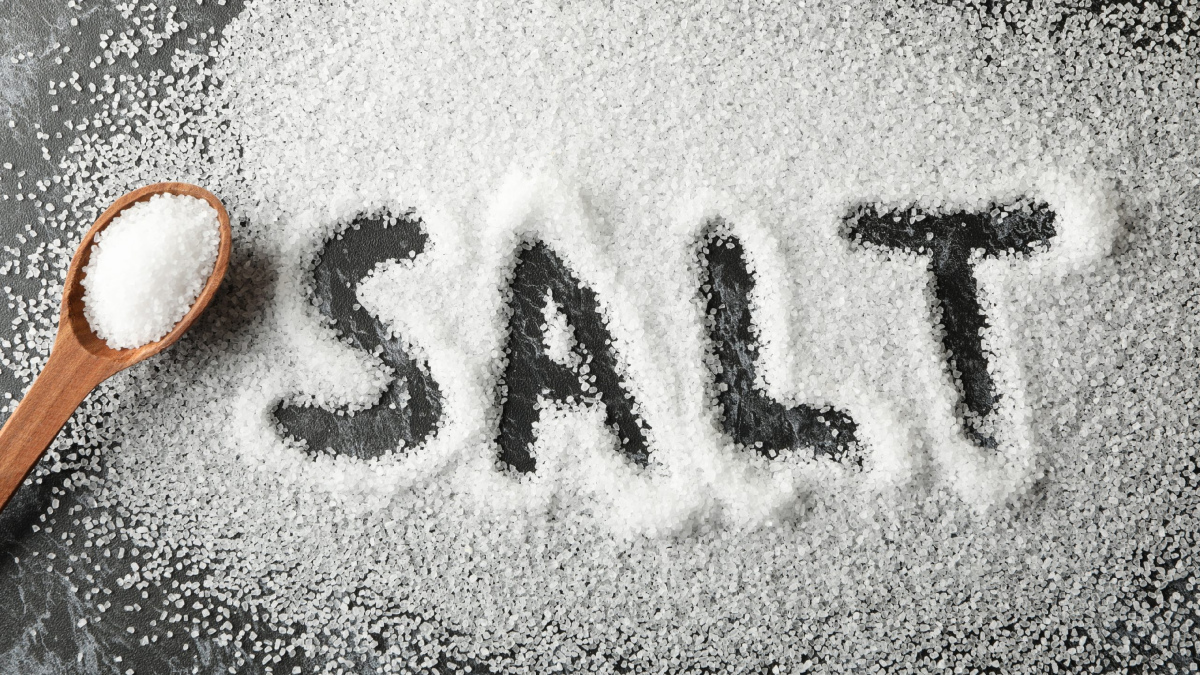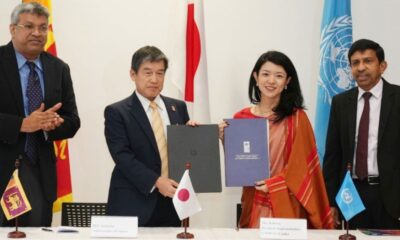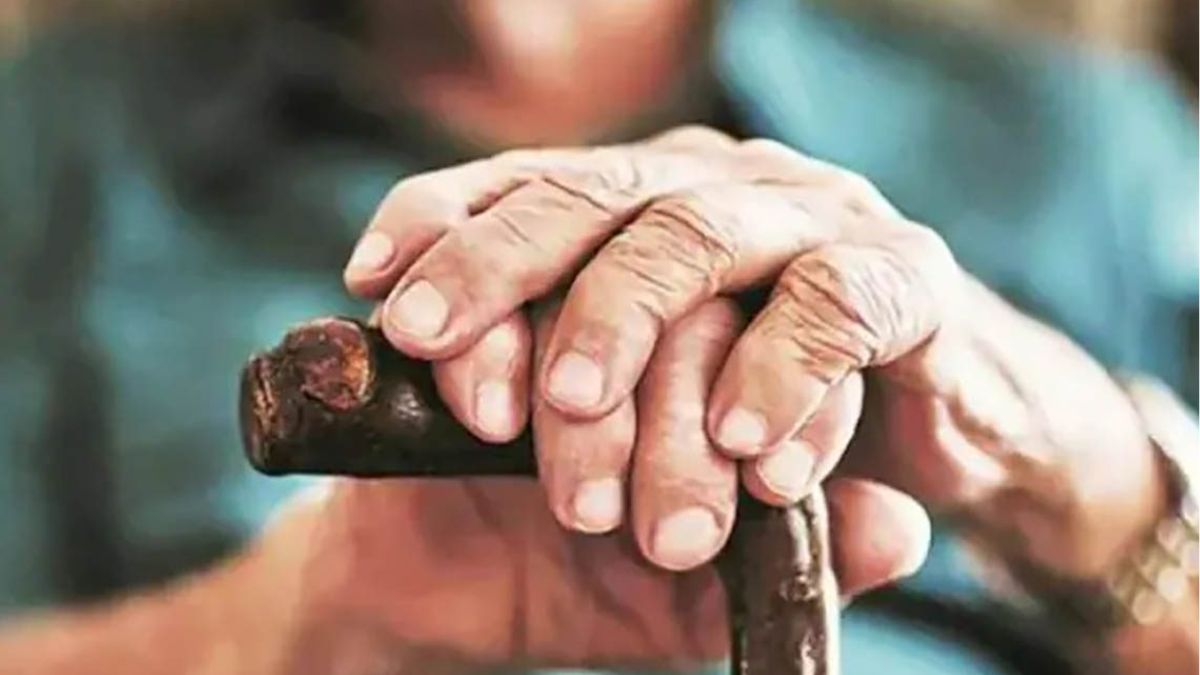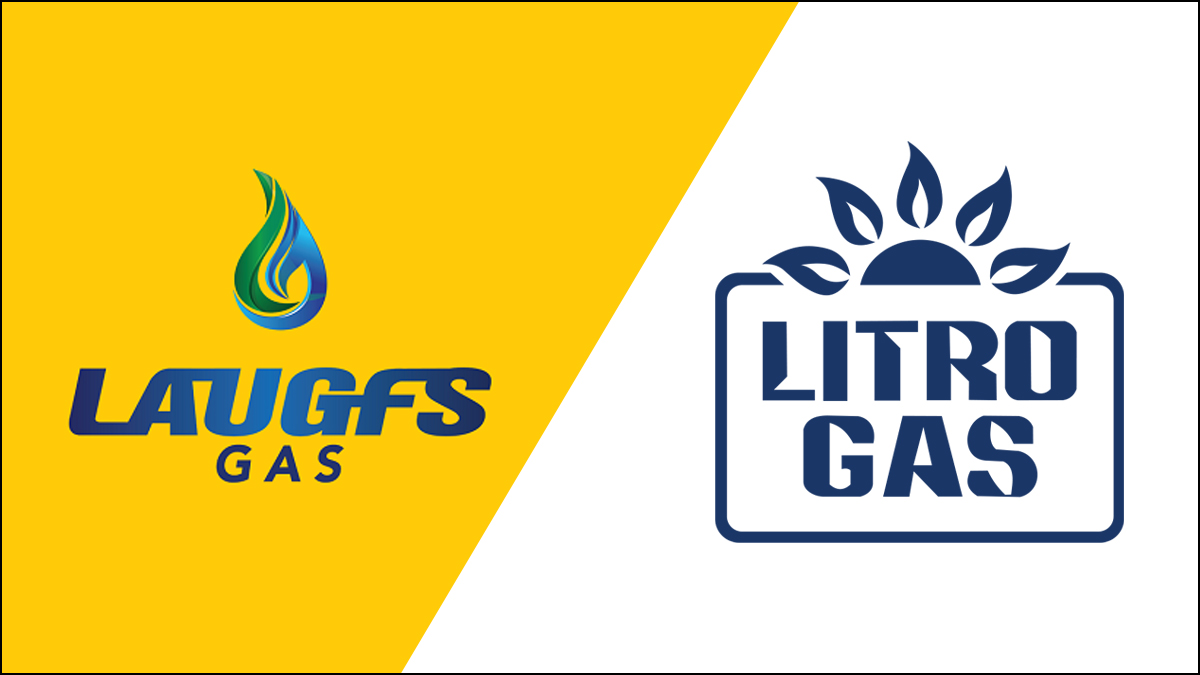The Ministry of Finance has officially launched the special fixed deposit scheme for senior citizens.
Proposed in the Budget 2025, the scheme which is open to resident Sri Lankan citizens aged 60 years and above, comes into effect from today (July 01).
Eligible fixed deposits can be opened between July 01, 2025, and December 31, 2025, and must have a 12-month tenure.
The scheme will be implemented through the 17 licensed commercial banks; five (05) government banks and twelve (12) private banks that have confirmed participation. As part of the process, customers are required to provide a declaration confirming that the funds deposited are their own, their monthly income is less than Rs. 150,000, consenting to the sharing of relevant information with the Ministry of Finance, Planning and Economic Development for verification purposes, agreeing that any false information provided will result in disqualification from receiving the interest subsidy.
The government has allocated Rs. 30 billion to cover interest subsidies under this initiative.
Key features of the scheme:
– Deposit Period: 12 months (1 year)
– Deposit Limit: Maximum of Rs. 1 million
– Interest Benefit: Depositors will receive either
- An additional 3% over the Average Weighted Fixed Deposit Rate (AWFDR), or
- An additional 3% over the declared fixed deposit rate—whichever yields a higher return.
Senior citizens interested in availing themselves of the benefits are encouraged to visit the nearest bank branch starting today. Applicants must provide valid documentation, including their National Identity Card (NIC) and Taxpayer Identification Number (TIN) issued by the Inland Revenue Department (IRD).
This scheme aims to support the financial security of senior citizens by offering them a safer and higher-yielding savings option.
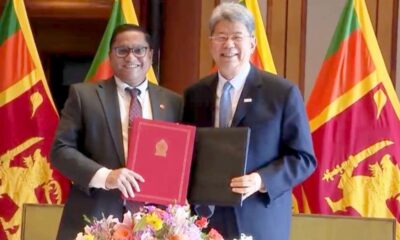
 BIZ2 days ago
BIZ2 days ago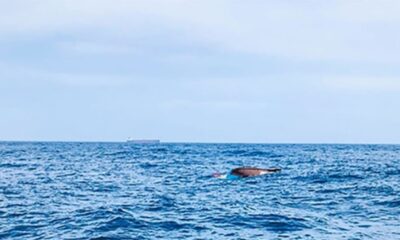
 News2 days ago
News2 days ago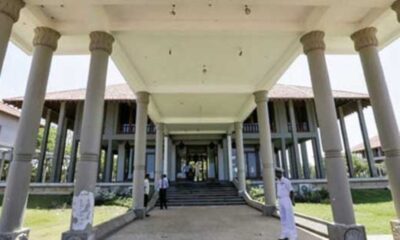
 News2 days ago
News2 days ago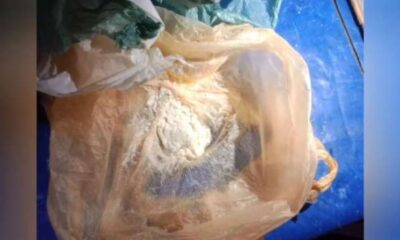
 News1 day ago
News1 day ago
